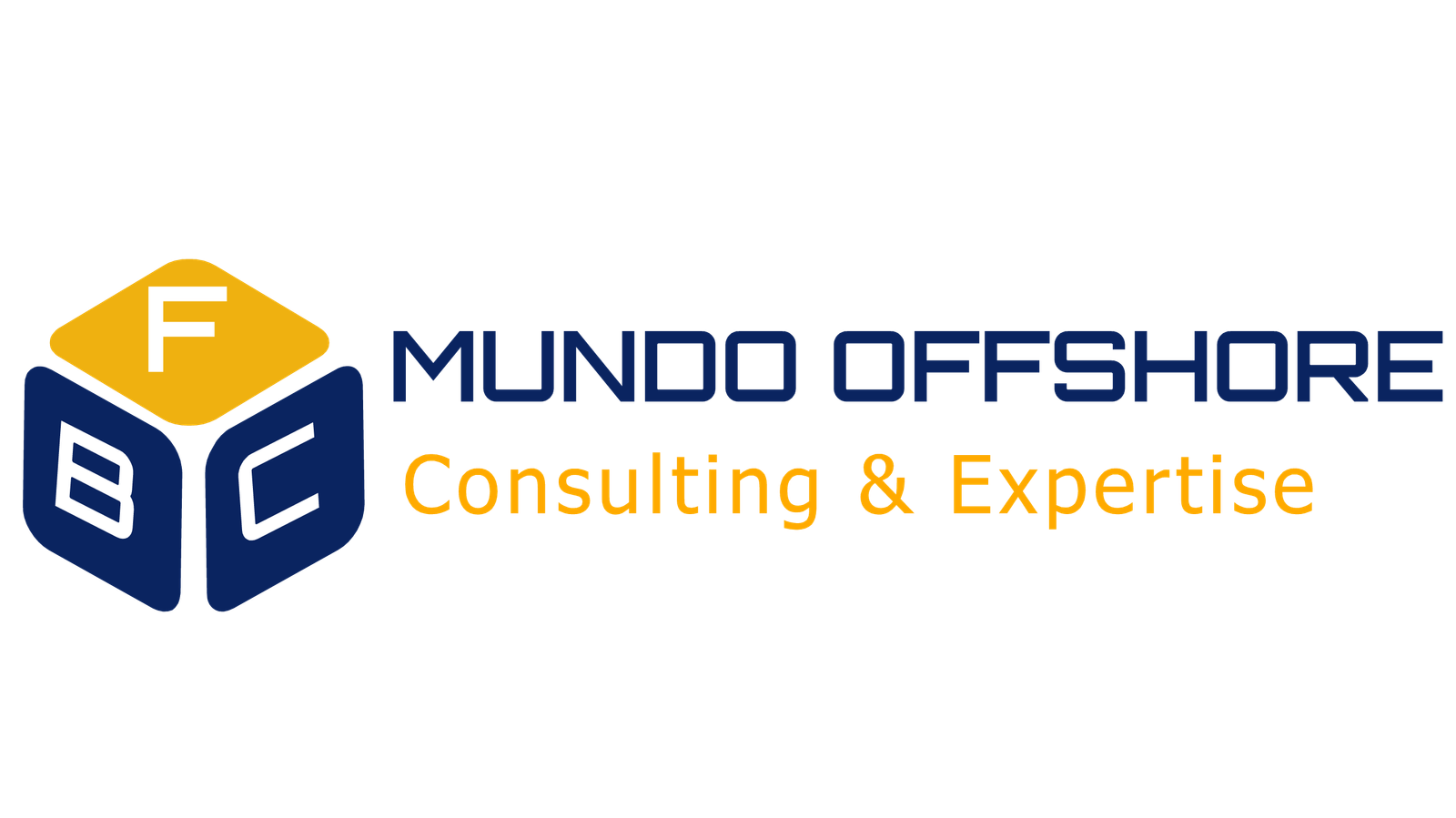Offshore Forex License
Explore the world of offshore Forex licenses! Delve into the various types of licenses and their strategic advantages. Rely on expertise and experience to make your path to obtaining a Forex license seamless and profitable.

Offshore Forex License (Broker license)
The offshore Forex license, also known as a brokerage license or broker license, is a legal authorization granted to a legal entity to operate in the stock market, allowing third parties to conduct transactions on financial instruments, currencies, stocks, etc. Brokerage activities are rigorously regulated and subject to strict regulation in all jurisdictions.
Regarding the Forex market:
The foreign exchange market, or Forex, represents the most influential financial market in the world, characterized by exchanges reaching nearly $7.5 trillion per day. This involves participation from nearly 9 million traders globally.
The issuance of a Forex license generally refers to the legal authorization granted by a regulatory agency to a company or individual to conduct operations in the currency market. This decentralized and global market sees the exchange of various international currencies.
Obtaining a Forex license involves complying with a series of criteria established by the regulatory authority in the jurisdiction where the activity is intended.
Due to the strict requirements imposed on licensed brokers, clients can be assured that all transactions are transparent and that no financial fraud is committed by the broker. Additionally, brokers are regularly audited, further reinforcing the oversight of their activities.
Finally, holding a securities broker license is of paramount importance, not only from a legal perspective but also from a commercial standpoint. Moreover, it instills increased trust among traders and individual clients. In this sense, the Forex license guarantees the quality of services and the security of transactions for clients, while providing the broker with legitimacy in their international market activities.
BENEFITS OF OBTAINING AN OFFSHORE BROKER LICENSE
Credibility and Trust
Protection
Access to International Markets
Regulatory compliance
Access to Banking and Payment Services
SELECTING US TO ESTABLISH YOUR OFFSHORE FOREX ENTERPRISE
We excel in navigating legal, regulatory, and technological complexities.
MUNDO OFFSHORE PROCESS FOR OBTAINING AN OFFSHORE BROKER LICENSE
The process for obtaining a brokerage license to operate in the foreign exchange (Forex) market may vary depending on the jurisdiction in which you wish to operate and the type of license you are seeking. However, generally, the process at our firm is as follows:
Analysis
Company formation
Documents preparation
Regulatory compliance
Application Submission
Post License compliance
Moreover, periodic audits, typically conducted by the competent regulatory authority, play a pivotal role in ensuring ongoing compliance. These audits serve as comprehensive evaluations of the company's operations, verifying that practices align with regulatory requirements and industry standards. Hence, they may cover various aspects, including financial records, operational procedures, and client interactions.
Navigating this phase demands meticulous attention to detail and a proactive approach to address any identified deficiencies promptly. Failure to meet ongoing obligations can result in penalties, license suspension, or even revocation. Therefore, maintaining continuous compliance is essential to safeguard the integrity of operations and uphold trust with stakeholders.
The Optimal Offshore Jurisdictions for Acquiring a Forex License

USA

United Kingdom

Cyprus

Bulgaria

South Africa

Seychelles

